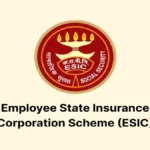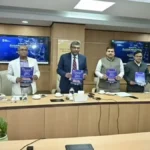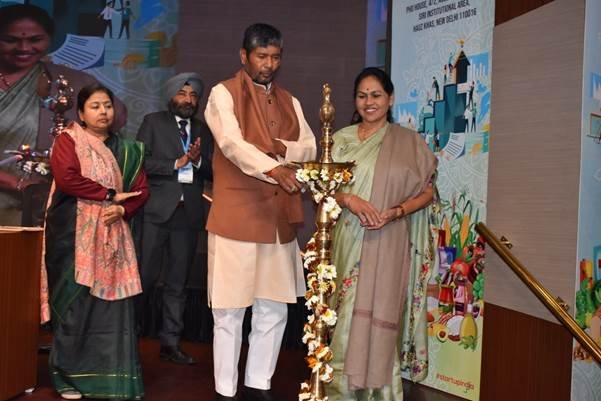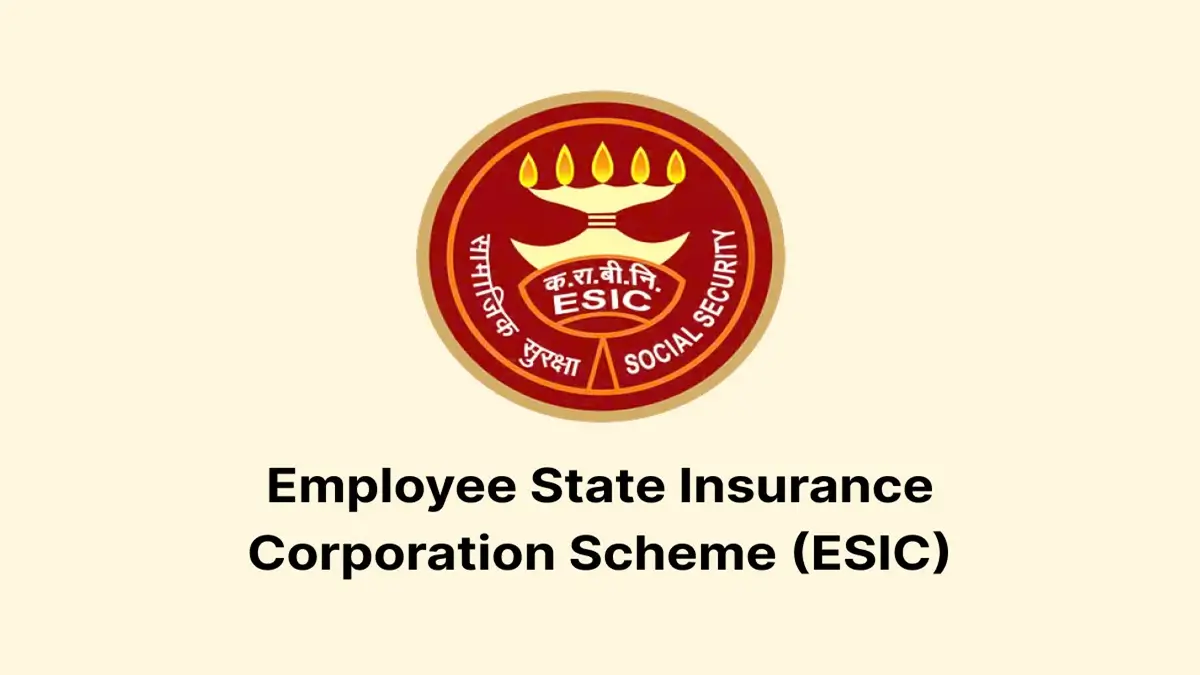Shri Pashupati Kumar Paras Launches “Sufalam” for Food Entrepreneurs
In the dynamic landscape of government exams, staying abreast of current affairs is crucial for aspirants across various sectors, including teaching, law enforcement, banking, railways, and civil services. In a recent development, Shri Pashupati Kumar Paras, Union Minister of Food Processing Industries, inaugurated the “Sufalam” initiative. This program is designed to empower food entrepreneurs and holds significance for aspirants preparing for exams in diverse fields.
Introduction:
The launch of “Sufalam” marks a pivotal moment in the government’s efforts to boost entrepreneurship in the food processing sector. This initiative aligns with the broader vision of fostering economic growth and employment opportunities.
Key Features of “Sufalam”:
- Financial Support: “Sufalam” aims to provide financial assistance to budding food entrepreneurs, facilitating the establishment and growth of their ventures.
- Skill Development: The program includes robust skill development modules to enhance the capabilities of entrepreneurs, ensuring their competitiveness in the market.
- Market Access: Entrepreneurs under “Sufalam” will benefit from improved market access, creating a conducive environment for their products to thrive.
- Technology Integration: The initiative emphasizes the incorporation of modern technologies to enhance efficiency and product quality.
- Job Creation: By nurturing food entrepreneurship, “Sufalam” contributes to job creation, aligning with the government’s focus on economic development.
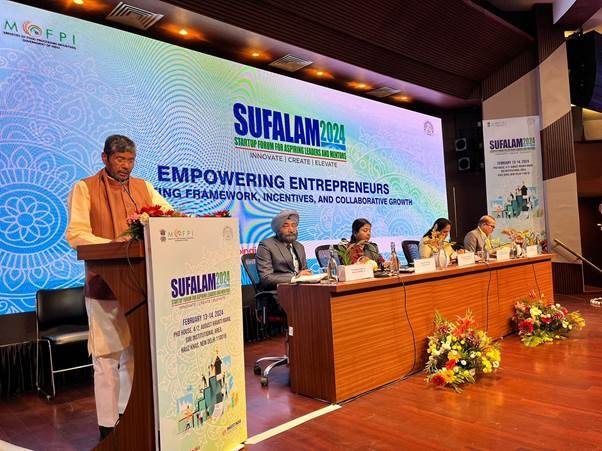
Why This News is Important
Government’s Commitment to Economic Growth:
The launch of “Sufalam” underscores the government’s commitment to fostering economic growth by supporting small and medium-sized enterprises. This initiative is particularly vital in the context of aspirants eyeing positions in sectors where entrepreneurial skills are valued.
Empowering Aspirants:
For students preparing for government exams, understanding initiatives like “Sufalam” is crucial. It reflects the government’s multifaceted approach to economic development and job creation, topics that are often part of civil service and other competitive exams.
Historical Context
Evolution of Food Processing Policies:
The “Sufalam” initiative is part of a broader historical context involving the evolution of food processing policies in the country. Over the years, the government has recognized the potential of the sector in contributing to economic development and has consistently introduced measures to support entrepreneurs.
5 Key Takeaways from “Sufalam” with a small title of “Key Takeaways from This News”
| Serial Number | Key Takeaway |
|---|---|
| 1 | Financial support for food entrepreneurs |
| 2 | Emphasis on skill development for enhanced capacity |
| 3 | Improved market access for entrepreneurs |
| 4 | Integration of modern technologies in the sector |
| 5 | Contribution to job creation and economic development |
Important FAQs for Students from this News
1. Q: What is “Sufalam,” and why is it in the news?
A: “Sufalam” is an initiative launched by Shri Pashupati Kumar Paras, aimed at supporting food entrepreneurs. It is in the news due to its potential impact on economic growth and job creation.
2. Q: How does “Sufalam” contribute to the food processing sector?
A: “Sufalam” contributes by providing financial support, fostering skill development, improving market access, integrating technology, and creating job opportunities.
3. Q: What are the key features of “Sufalam” for aspiring entrepreneurs?
A: The key features include financial assistance, skill development, enhanced market access, technology integration, and job creation.
4. Q: Why is understanding the historical context of food processing policies important for aspirants?
A: Understanding the historical context helps aspirants comprehend the evolution of government initiatives in the sector, providing a broader perspective.
5. Q: How can knowledge of “Sufalam” benefit students preparing for government exams?
A: Knowledge of “Sufalam” is beneficial as it aligns with the government’s focus on economic development, entrepreneurship, and job creation, which are often exam topics.
Some Important Current Affairs Links




